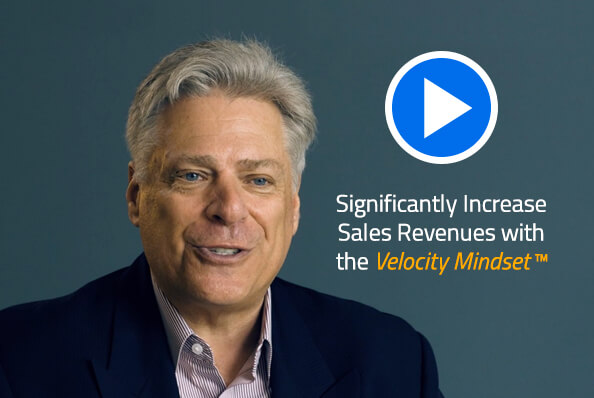Outcomes And Actions It can be the difference between life and death.
Published on June 10, 2009
Several years ago, my mother started to drive home after working late one night. Exhausted, she passed out at the wheel of her car; it jumped the curb, knocked out a light pole, and burst into flames. Two people dragged my seriously burned mother out of the car just before it blew up.
After the accident, I was devastated. What could I do? And what about my father? His diabetes had left him struggling with numerous health problems, including an amputated leg. It was overwhelming, but I had to go on and find a way to help my parents
Over the years, my work has trained me to ask two questions constantly: “What’s the outcome I’m after?” and “Do my actions support the outcome?” With these questions in mind, I decided to focus on a positive outcome. No matter what, both my parents had to live.
Two days later, at a family gathering, my Aunt Elsa turned to me, her face ashen, and said, “Ron, no matter what happens, your mother comes first. She’s the most salvageable.”
I was stunned! Although I love my Aunt Elsa dearly, I wanted to shout my anger at her. But if I did that, she would shut down on me, at a time when I needed an ally, not an adversary. Attacking her verbally would not help either of us achieve our goals. So I shaped my appeal around Elsa’s desired outcome, instead. I wanted her to join with me emotionally, so that we were both looking at the problem in the same way.
“Aunt Elsa,” I said, “I understand that the fear of losing a sister hurts you deeply, just as I fear losing a mother. But let me ask you: When she wakes up and she realizes what’s happened, what’s she going to say to me?”
Elsa’s expression softened, and she quietly replied, “How’s your father?”
“Exactly,” I said. “And if she can be reassured that my father is all right, won’t she be able to use that energy to heal herself faster?”
Elsa nodded. From then on, we worked like a team. My mother made a full recovery and went back to work full time; my father lived for another year. If I hadn’t aligned my purpose with Elsa’s, however, things might have been different.
It is important to align purposes via questions so that two people are pointed in the same direction. By formulating a strategy that brings disparate minds together, you can solve just about any problem, and in the process unify families, build alliances, and reinvigorate any “and I do mean any”sales career. This is the essence of the Titan Principle.
Concentrate not only on WHAT your customers need but also on HOW they want it. The questions you ask, the information you obtain, and the solutions you provide will determine whether or not you are a Titan in the eyes of your customer!
Posted in Motivation


